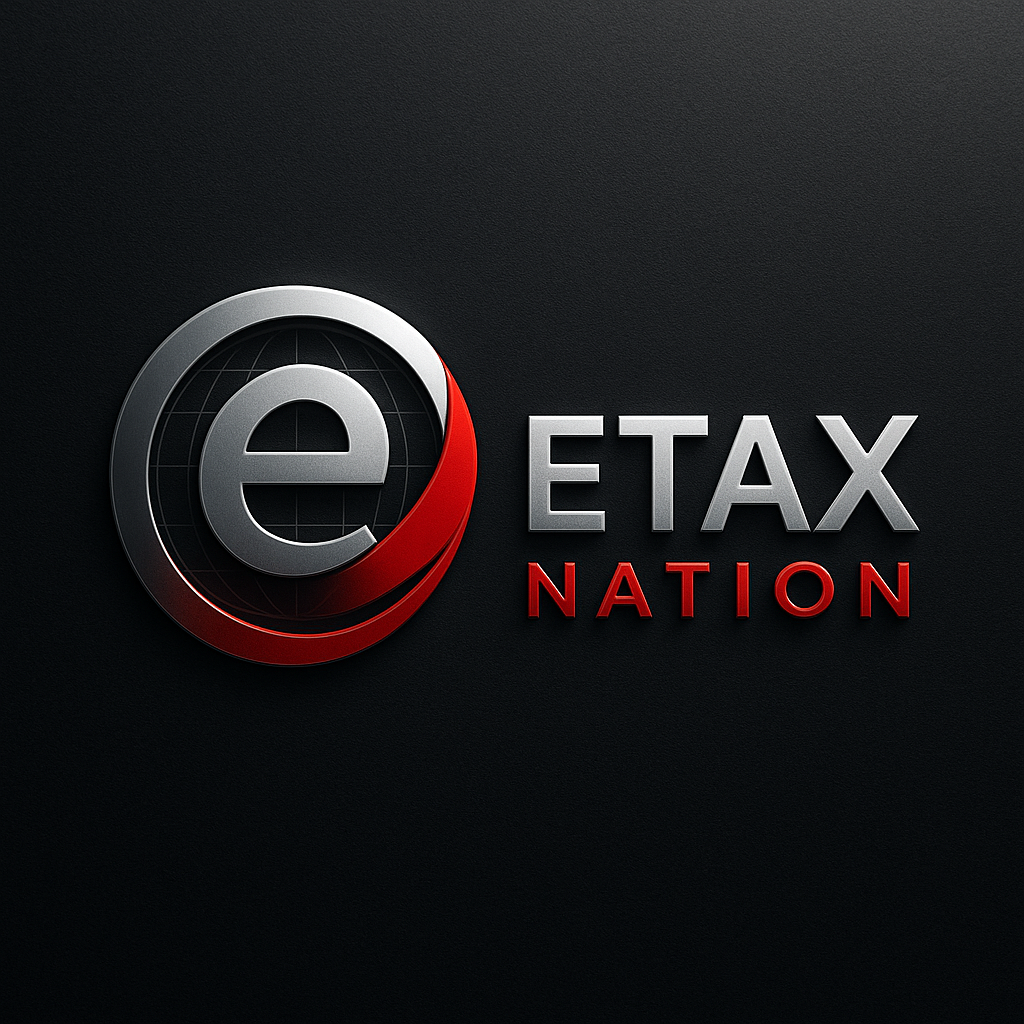5 Things to Consider When Purchasing and Evaluating Professional Tax Software
Tax season seems like it is always approaching, and it's time to evaluate your pro tax software. With the various options in the market, it can be a daunting task for tax professionals, tax preparers, enrolled agents, or CPAs to determine which one fits their practice. The right tax software should meet your business needs, be easy to use, and increase your productivity. In this blog post, we'll discuss five crucial things to consider when purchasing and evaluating professional tax software.
1. Pro Tax Software Features
The features of tax software are essential to your tax practice. You need software that meets your business needs, such as automatic updates, easy navigation, tax calculation, and e-filing options for federal and state returns. Besides, the software must comply with tax laws and regulations to ensure accuracy, maximize refunds, and minimize the possibility of audits. You should evaluate the features and check whether they match your business needs before purchasing professional tax software.
3. Tax Software Customer Support
The tax business is a time-sensitive industry with deadlines and schedules to meet. You don't want a software glitch to stop your work, resulting in costly penalties or business disruption. Before choosing a tax software, check its customer-support options. Check if the company offers live chat, phone, or email support, and if so, are the support staffs knowledgeable? Think of what happens when the software has trouble during peak periods of tax season. Choose a software provider with quality customer support to guide you through the obstacles of preparing returns.
4. Professional Tax Software Price
Price is a critical factor when purchasing professional tax software. While you want the best software for your needs, cost is an essential consideration. Some tax software providers offer monthly or yearly subscriptions, while others provide a one-time purchase. You need to assess your budget and decide how much you need to pay. When buying, look for software that offers good value for money with features that meet your business needs. Some software provides a free trial, allowing you to evaluate the software before purchasing.
5. Professional Tax Software Security
You are dealing with sensitive financial information, and it is crucial to evaluate the security measures a tax software provider has in place to protect your data. A legitimate tax software provider must offer end-to-end encryption, secure servers, secure login protocols, and two-factor authentication. You need to be confident that the software you choose gives you and your clients the utmost confidence that their sensitive data is secure.
Choosing the right professional tax software involves careful consideration. Evaluate the software's features, usability, customer support, cost, and security. These are critical components that impact your business significantly. You want to be with a provider that ensures accuracy, saves you time, and protects your client information. Take the time to evaluate your tax software and make an informed decision, one that fits your business needs.




